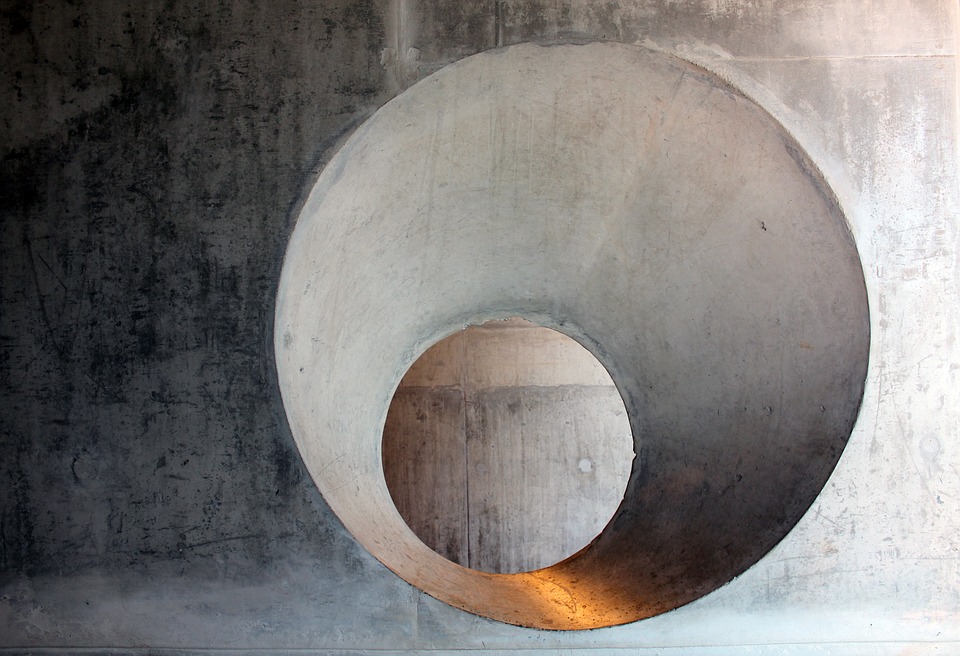
Do you want to know more about Types of Concrete ?
Outside and in, concrete is a formidable material. Concrete combines Portland cement, coarse aggregates, water, and fine aggregates. Concrete is used in many different types of construction, from patios and roads to runways and bridges, all over the world. So there are some Types of Concrete at construction.
It"s possible to cast concrete into a wide variety of shapes, and those shapes can then be used for a wide variety of purposes.
Types of Concrete comes in several forms; each optimised for certain building requirements. The appropriate concrete may make or break a building job, and this article can help you decide.

1. Normal Strength Concrete
When cement, water, and aggregate are mixed, normal-strength concrete results. This concrete will have strengths between 10 and 40 MPa. The cement characteristics and weather conditions on the construction site determine the initial setting time of 30–90 minutes for normal-strength concrete.
2. Plain Concrete
There will be no reinforcing steel in the regular concrete. Plain concrete will have a density between 2200 and 2500 Kg/m3. With a compressive strength between 200 and 500 kg/cm2, it is moderately strong.
Pavements and structures, particularly in locations with a lower need for high tensile strength, are common places to find this type of concrete. The level of durability provided by this variety of concrete is very commendable.
3. Reinforced Types of Concrete
Reinforced cement concrete is concrete that has had reinforcements applied to it to boost its tensile strength. A plain concrete slab performs poorly in tension but well in compression. Therefore, the reinforcements will take the load of the tensile stresses.
Combining the force of the reinforcement with the plain concrete makes R.C.C. effective. The steel reinforcement in concrete may be rods, bars, or meshes. Reinforcing fibres have also been produced recently.
4. Prestressed Concrete
Most large-scale concrete construction projects nowadays use prestressed concrete components. It"s a unique method in which the bars or tendons embedded in the concrete are stressed before the application of the final service load.
These tensioned bars were securely fastened and maintained at both ends of the structural unit as the concrete was mixed and poured. When the concrete has set and become hard, the structural unit will be crushed. Because of prestressing, the concrete member"s base will be better able to withstand tension.

5. Precast Types of Concrete
Many structural elements can be fabricated and cast in a factory, then transported to the site for final assembly, depending on the project"s specifics. Precast concrete refers to prefabricated concrete structures.
Concrete blocks, stairwell modules, precast walls and poles, lintels, and many more components are all precast concrete units. These modules benefit from rapid building times because they need to be assembled. As it"s manufactured locally, you know it"ll be high quality. Precautions are taken just for the duration of their shipment.
6. Lightweight Concrete
Lightweight aggregates can be obtained using lightweight aggregates in the concrete mix design. The thickness of concrete is largely owed to the aggregates used in its composition.
Weight-reduced aggregates include pumice, perlite, and scoria. Long-span bridge decks and other applications where protection of steel structures is required employ lightweight concrete. The building blocks can only be made with these, too.
7. High-Density Concrete
Heavy aggregates are employed in this case. Crushed rocks serve as coarse aggregates in construction. Barytes is the most popular choice when it comes to heavy aggregates. These aggregates see the most widespread application in building nuclear power plants and related infrastructure. The dense aggregate provides a strong defence against any radiation.

Conclusions about Types of Concrete
Concrete, in its many modern guises, has a wide range of applications. Whether your building project calls for high-performance or decorative concrete, the construction industry has you covered.
Poyatos is an industry leader in concrete block machines, offering turnkey services for block factories.

